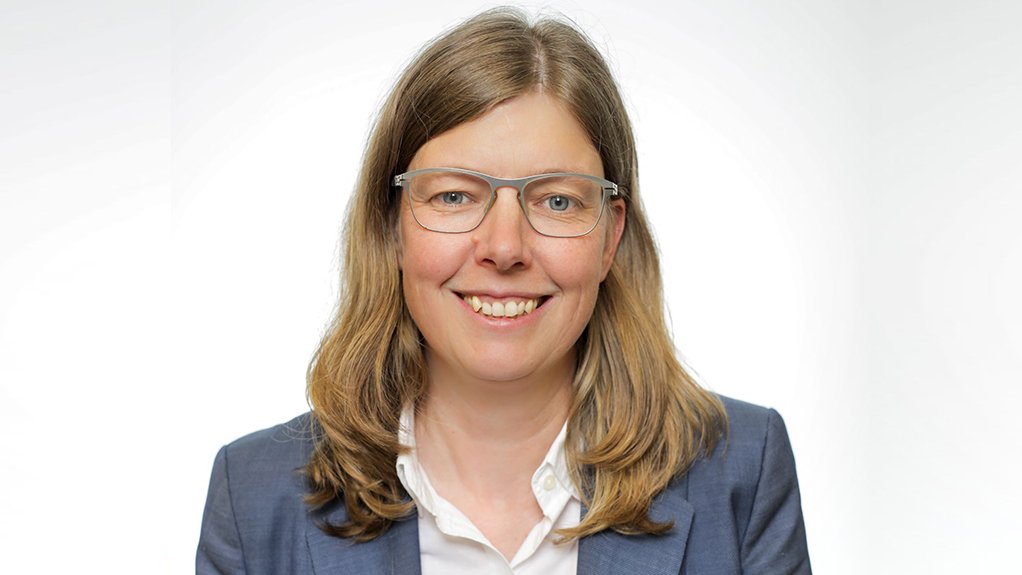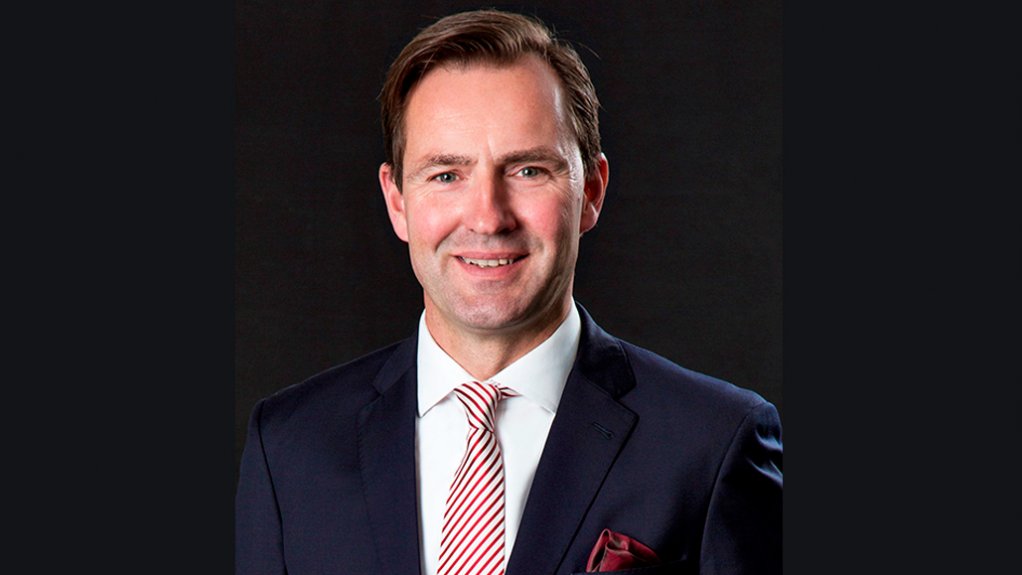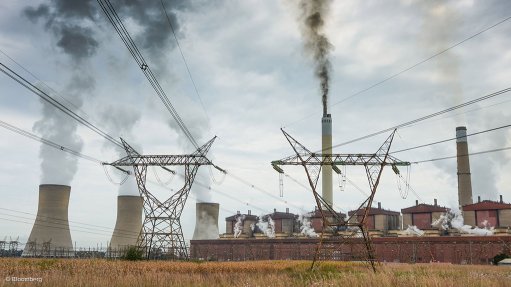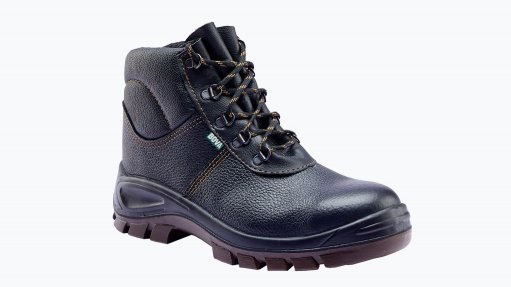VWSA looks to add third model to its plant; EVs should be made in SA by 2035 – new CEO
Polo and Polo Vivo production will continue in South Africa beyond 2025, confirms newly appointed Volkswagen Group South Africa (VWSA) CEO and chairperson Martina Biene.
However, the local arm of the German vehicle manufacturer will know in four to six weeks if it has secured production of a third, additional model for its Kariega operation.
This model will be in the A0 segment (which means it should be a small, city-type car), and will have an “SUV-ish body style”, says Biene.
‘SUV’ refers to the biggest-selling segment in South Africa – the sports-utility vehicle.
“But, this is still being discussed,” notes Biene, who arrived in South Africa on Sunday.
She adds that this model will not see capacity being added to VWSA’s Eastern Cape plant, which is currently at 160 000 units a year, but will rather seek “to optimise it” as Volkswagen seeks to navigate the global changes brought about by electric mobility.
The new model is then also aimed at the South African and rest of Africa markets, and not the export market.
VWSA exports the current Polo model to Europe and the Vivo to parts of Africa.
Volkswagen passenger car brands global CEO and former VWSA CEO Thomas Schäfer describes the Polo as an “export champion” for the German car maker and its operations in South Africa.
However, he cautions against the notion that exports to Europe can be viewed as a sustainable model for the South African operation.
He says the European Union (EU) has announced the end of the sale of combustion engines in their markets in 2035, in an effort to promote electric, and therefore, zero-emission mobility.
This means VWSA exports to Europe could “be over” by 2035, unless VWSA produces electric vehicles (EVs) in South Africa and export those to Europe.
“We can do that . . . but does it make sense as a long-term model?” asks Schäfer.
He warns that shipping batteries and other vehicle parts to South Africa to build EVs for the export market would create a large carbon footprint within the supply chain, which would not be acceptable in Europe where the focus is increasingly on zero lifecycle emissions.
“Logistics are also becoming more and more expensive. So, in the long term, we need to change the business model.”
Schäfer says the natural focus for VWSA should be on its domestic and regional markets.
“As a group we believe in building cars where we sell them, not shipping them around the world.”
Schäfer adds that proposed new EU VII regulations around vehicles are poised to place stricter demands on cybersecurity, safety and emission levels.
These regulations will “easily” add around 3 000 euro to 4 000 euro per car, which will make these vehicles “incredibly expensive”.
“On small cars this is a lot.”
Biene echoes the expectation that Volkswagen will not ship parts, such as batteries, across the globe for the sake of EV manufacturing.
She does believe, however, that South Africa will produce EVs by 2035, for the local and surrounding markets.
However, in order to stay in the game until then, VWSA would have to bridge the gap that exists between now and 2035.
“We have to find a locally produced product and increase our [local and regional] footprint,” she says.
In order to also acclimatise the local market to electric mobility, VWSA would have to introduce EVs to the domestic and African markets – including more affordable EVs, and not only the rather pricey Audi models which hit the South African market earlier this year.
“My priority is to get EVs to South Africa,” says Biene. “I’ll be very pushy to get them from the VW brand.”
Biene has returned to VWSA for her second spell, following her tenure as the local head of Volkswagen passenger brand from October 2018, until August 2020. Biene has 20 years of experience in the Volkswagen group.
Comments
Press Office
Announcements
What's On
Subscribe to improve your user experience...
Option 1 (equivalent of R125 a month):
Receive a weekly copy of Creamer Media's Engineering News & Mining Weekly magazine
(print copy for those in South Africa and e-magazine for those outside of South Africa)
Receive daily email newsletters
Access to full search results
Access archive of magazine back copies
Access to Projects in Progress
Access to ONE Research Report of your choice in PDF format
Option 2 (equivalent of R375 a month):
All benefits from Option 1
PLUS
Access to Creamer Media's Research Channel Africa for ALL Research Reports, in PDF format, on various industrial and mining sectors
including Electricity; Water; Energy Transition; Hydrogen; Roads, Rail and Ports; Coal; Gold; Platinum; Battery Metals; etc.
Already a subscriber?
Forgotten your password?
Receive weekly copy of Creamer Media's Engineering News & Mining Weekly magazine (print copy for those in South Africa and e-magazine for those outside of South Africa)
➕
Recieve daily email newsletters
➕
Access to full search results
➕
Access archive of magazine back copies
➕
Access to Projects in Progress
➕
Access to ONE Research Report of your choice in PDF format
RESEARCH CHANNEL AFRICA
R4500 (equivalent of R375 a month)
SUBSCRIBEAll benefits from Option 1
➕
Access to Creamer Media's Research Channel Africa for ALL Research Reports on various industrial and mining sectors, in PDF format, including on:
Electricity
➕
Water
➕
Energy Transition
➕
Hydrogen
➕
Roads, Rail and Ports
➕
Coal
➕
Gold
➕
Platinum
➕
Battery Metals
➕
etc.
Receive all benefits from Option 1 or Option 2 delivered to numerous people at your company
➕
Multiple User names and Passwords for simultaneous log-ins
➕
Intranet integration access to all in your organisation





















